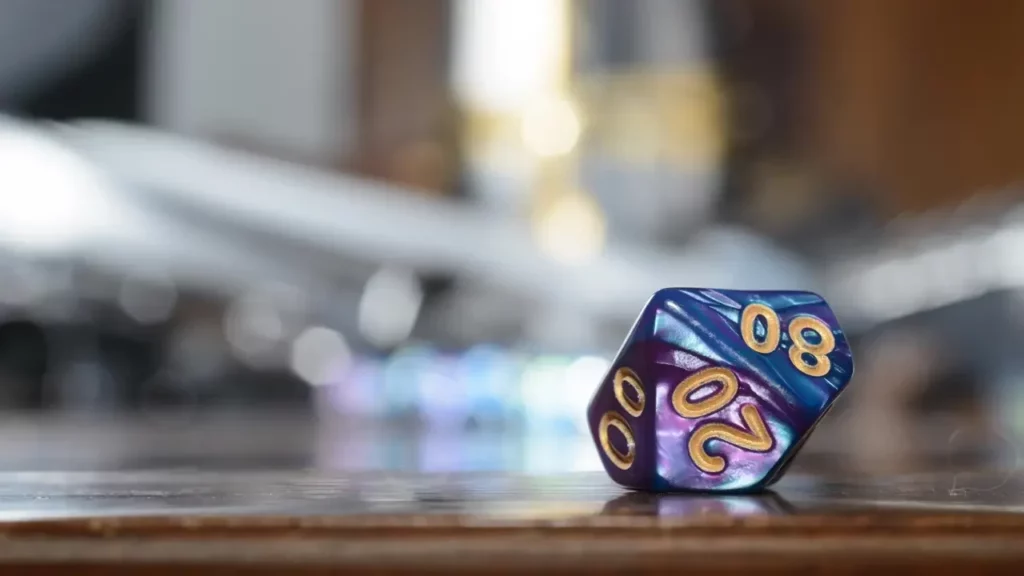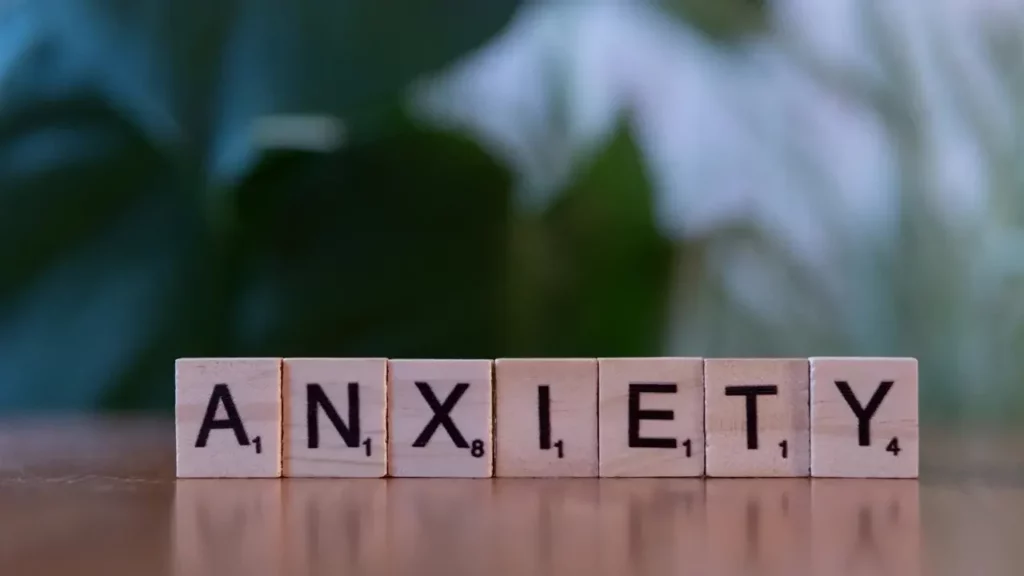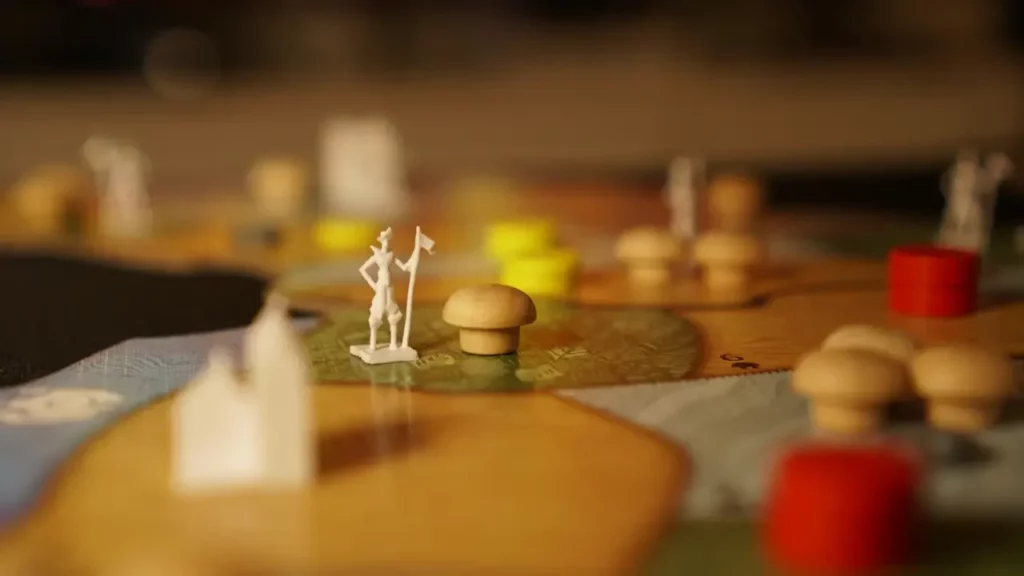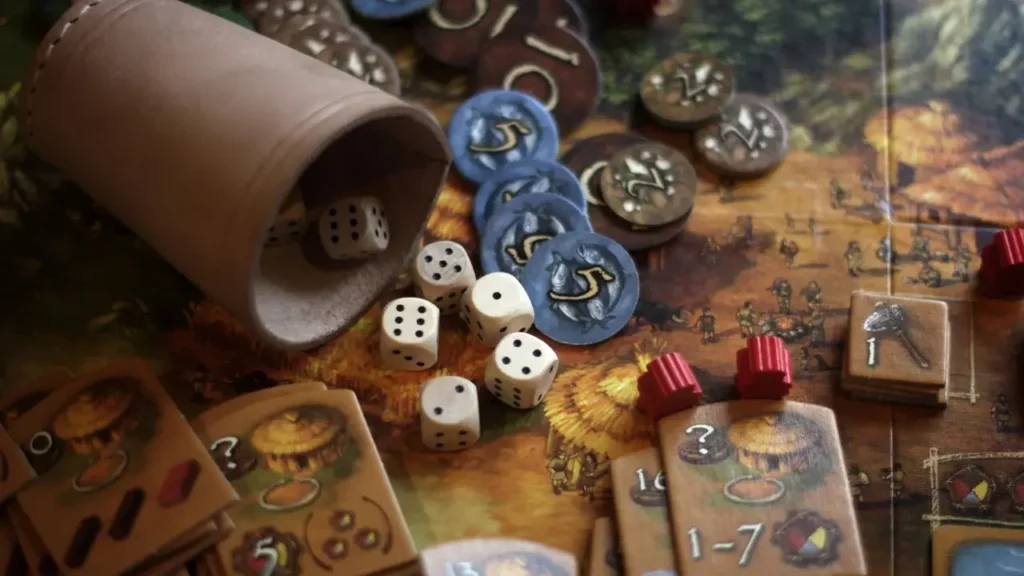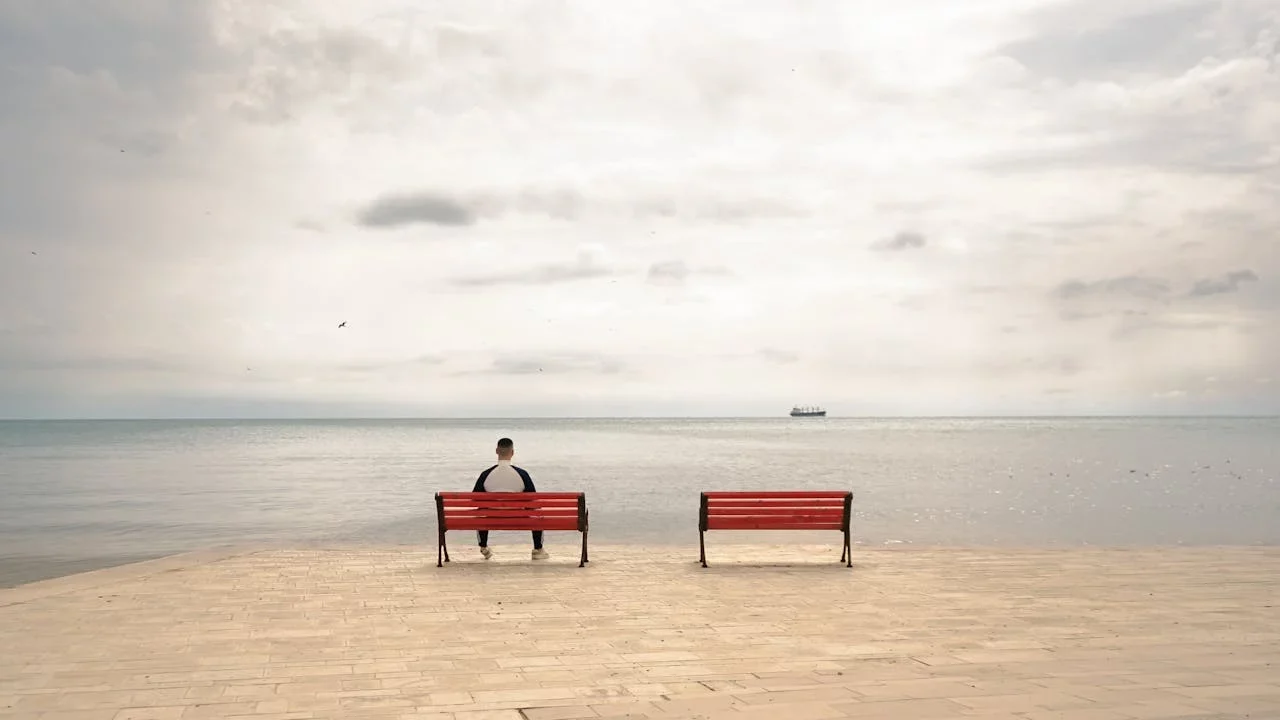You're hosting a campaign for your friends. Everyone arrives and starts to roleplay, but one of the players stays silent. They listen, take a few notes and barely describe their character's actions. But, as you play together more and more, the moments of silence become rarer, their character comes to life, and the player slowly finds their place in the group. Tabletop role-playing games won't cure social anxiety with a dice roll, but they can offer a unique, structured and supportive framework to battle against it. This journey is common among people affected by social anxiety. In this article we'll explore the potential benefits of gaming.
What is Social Anxiety?
Social anxiety is one of the most common anxiety disorders in the world. It manifests as an intense fear of social situations, such as speaking in public, meeting new people, or having a conversation. Socially anxious people fear being humiliated, judged or rejected which often leads to avoidance of social interactions, resulting in isolation, lack of confidence, low self-esteem and a lot of stress.
In a world that is often described as demanding and unpredictable, socially anxious people seek spaces where interactions are more predictable, rules are clearer and consequences are less threatening. The good news? These conditions can be met in a tabletop role-playing game (TTRPG).
Can TTRPGs Help Reduce Social Anxiety?
TTRPG can help reduce social anxiety because they offer a unique framework: players engage in social interactions through fictional characters. Done correctly, this means that they can offer a secure, supportive environment governed by shared rules.
For people that suffer from social anxiety, these elements are essential because they give space for limited risks, reduced uncertainty and safe interactions. In this regard, players can explore complex situations without fearing the consequences they would have in the real world.
In a gaming session, players will engage in collaboration and negotiation, proposing ideas and resolving conflicts in order to advanced the story. These interactions in a secure framework can foster self-assertion and a greater understanding of social contexts.
Furthermore, since the player embodies a character that isn't their actual self, they experiment other ways of acting out on certain attitudes and emotions, as well as "uncommon behaviors," without the real consequence or risk. TTRPG is a safe space where you can try, miss, learn and try again.
Scientific research
Social Anxiety and Scientific Research
In 2022, a group of researches in Switzerland studied a group of young video game players suffering from soxial anxiety. Participants took part in 10 gaming sessions over 10 weeks, hosted by one of the researches—an experienced gamemaster (GM). The sessions presented scenarios designed to encourage social interactions, teamwork and problem-solving. Results showed a significant decreased in their symptoms and reduced feelings of loneliness.
Also in 2022, another study highlighted the role of TTRPGs in therapy. Researches sought to observe whether introducing therapy through gaming could have a positive effect on social skills, anxiety, and mental well-being. Indeed, not only did the participants saw a decrease in their social anxietys, but they also reported notable development of their social skills.
Practical Advice for Players with Social Anxiety
If you struggle with social anxiety, joining a gaming table can be a real challenge.
—Start in a smaller group. Ideally with people you are comfortable and familiar with as this helps to reduce social pressure.
—Choose a simple game system. Accessible rules can help you focus on social interactions and storytelling rather than overly complex mechanics.
—Create a very similar or a very different character. A character that is closer to you can faciliate interactions and help you stay in your comfort zone. Conversely, a very different character can help you detach from it and experiment with other aspects of role-playing.
—Set personal goals in a session. For example, think about proposing an idea, engaging in one conversation with an NPC, expressing one emotion through your character. These progressive challenges help build self-confidence throughout sessions.
—Start online or by writing via forums or discussion servers. If face-to-face interactions are particularly difficult, you can try these formats that offer a reassuring distance.
The most important thing is that you progress at your own pace. Don't rush yourself. Every small step counts.
When There's an Anxious Person at Your Table
In a gaming group, the gamemaster (GM) plays a decisive role when an anxious player joins their table. Here are some suggestions for establishing a welcoming environment:
—Ensure fair distribution of speaking time. This is essential to allow everyone to express themselves, including more reserved players that may avoid doing spontaneously. Guve them speaking time and progressively integrates them into collective exchanges.
—Value and reward initiatives. It doesn't matter if reward isn't the greatest treasure; offering a simple bonus, a satisfying narration, or a successful action in a difficult attempt can encourage participation and reinforce self-esteem.
—Adapt the complexity of interactions according to the player. Start with simpler social situations and gradually making them more complex throughout sessions. Remember, allow for gentle progression and avoid rushing the most reserved players from the beginning.
—Respect everyone's rhythm and limits. Don't force a reluctant player to express themselves or put them in the spotlight. This can produce the opposite effect and lead them to withdraw. Kindness and patience are still the best tools for fostering a positive experience for everyone.
What Games Help With Social Anxiety?
Not every game suits every audience, some are better adapted to anxious or shy people. Here are some accessible titles that are particularly helpful in developing social skills and prioritizing comfort.
—Fate Core / Fate Accelerated. Fate is known for flexible and simple rules that allows great creative freedom. Players can choose the universe (e.g. fantasy, sci-fi, etc.) and collectively build their characters and the world they evolve in. The emphasis is on story and relationships rather than complex mechanics, fostering exchanges and collaborative storytelling.
—Tales from the Loop. A retro science fiction gasme adapted to younger players. In this game, players play as children conducting an investigation in a strange world. It relies on basic and accessible game mechanics centered on investigation and mysteries to solve. A reassuring point is that characters cannot die, making the game less stressful and encouraging taking initiatives.
—Wanderhome. This game doesn't have dice or combat, inviting exploration of a peaceful world populated by anthropomorphic animals. It's a very gentle universe, without violence or mandatory conflict, based mainly on discussion and interactions. An excellent option for players preferring calm stories to intense combat.
In Essence
Social anxiety can represent a complex challenge in daily life, but TTRPGs can offer a solid framework to face it. Due to their structured, collaborative, and non-judgmental space, they offer anxious players the possibility to express themselves in small groups while progressively developing their social skills.
Through role-playing a more confident character, facing smaller challenges or simply collaborating on the story with a supportive group, tabletop role-playing games have the qualities of a true therapeutic tool. For both players and gamemasters, a little patience, courage, and creativity sometimes evolves toward improvement in gaming and in real life.
